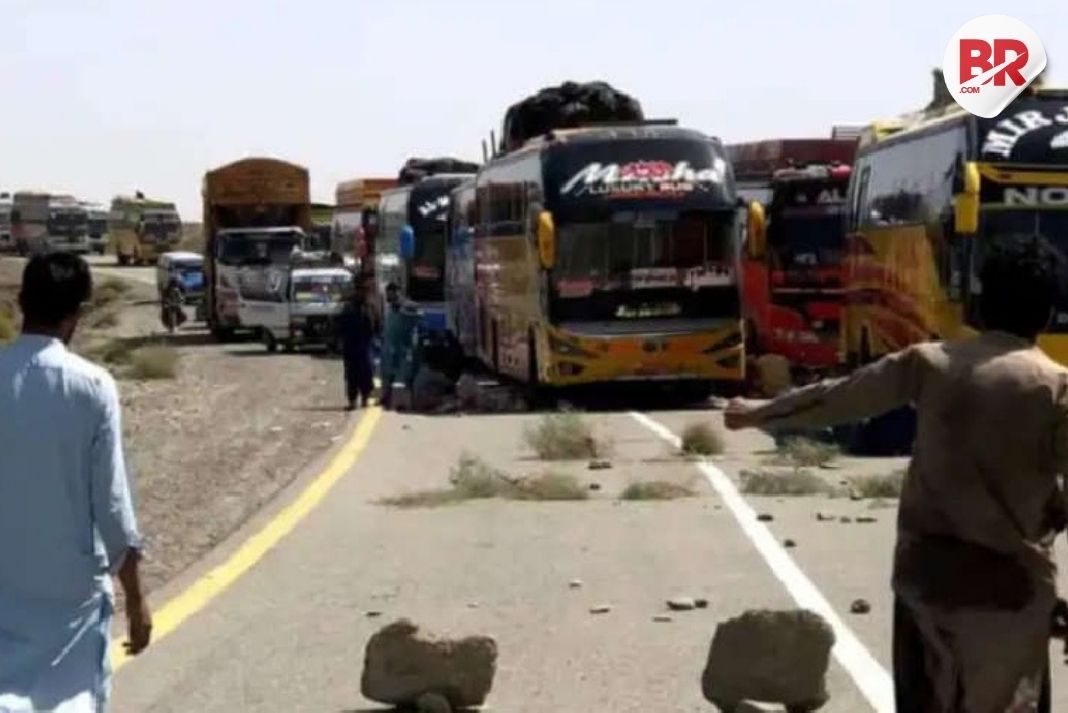
In a shocking act of violence, armed attackers targeted a passenger bus in Pakistan’s troubled Balochistan province, killing six people and leaving several others injured. The incident has once again exposed the fragile security situation in a region long plagued by insurgency and unrest.
The bus was traveling between two cities when gunmen intercepted it in a remote area. Witnesses say the attackers forced passengers to step out before opening fire. Among the victims were men and women, with the injured rushed to nearby hospitals.

No group has claimed responsibility yet, but Balochistan has been a hotspot for separatist rebels, Islamist militants, and criminal gangs. The government has condemned the attack and launched a manhunt, but no arrests have been made so far.
Why Does Balochistan Remain Unstable?
Balochistan, rich in natural resources, has seen decades of conflict. Separatists demand independence, while militant groups and criminal networks exploit the region’s rugged terrain and porous borders. Despite military operations, violence persists, leaving civilians vulnerable.
The attack has sparked anger among locals, who demand better protection. Many question whether the government’s counter-terrorism strategies are working, especially as such attacks continue.
Authorities are investigating, but for now, fear lingers. With Balochistan’s future at a critical juncture, this tragedy serves as a grim reminder of the long road to peace.
Also Read: How the BLA Became Pakistan’s Most Dangerous Threat












